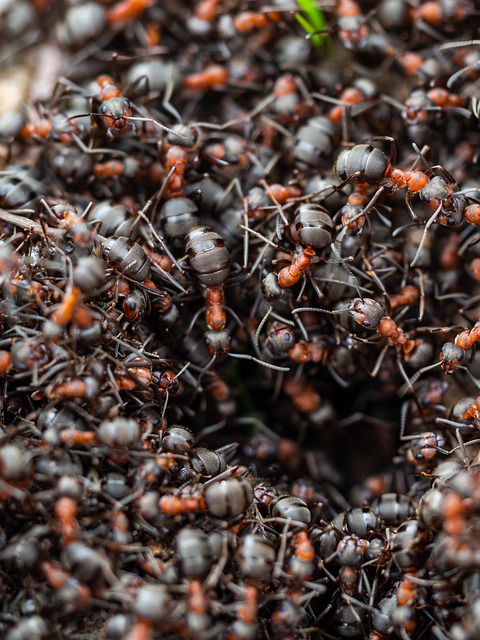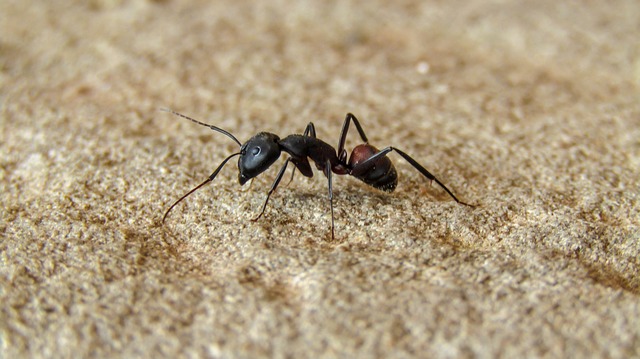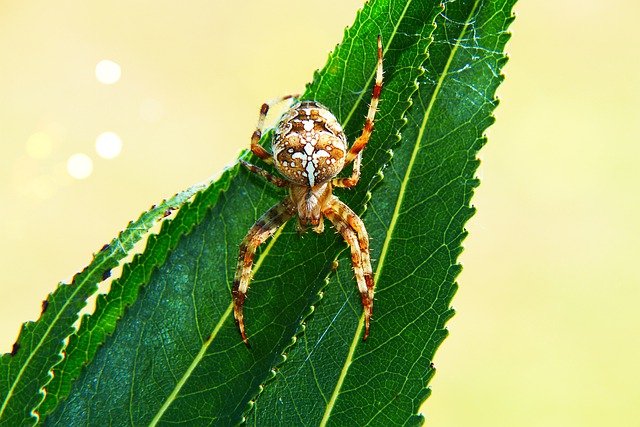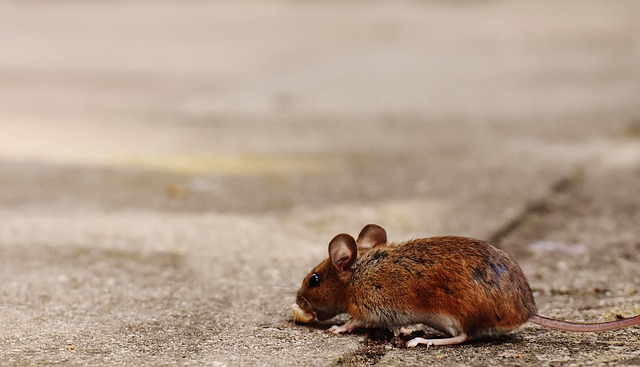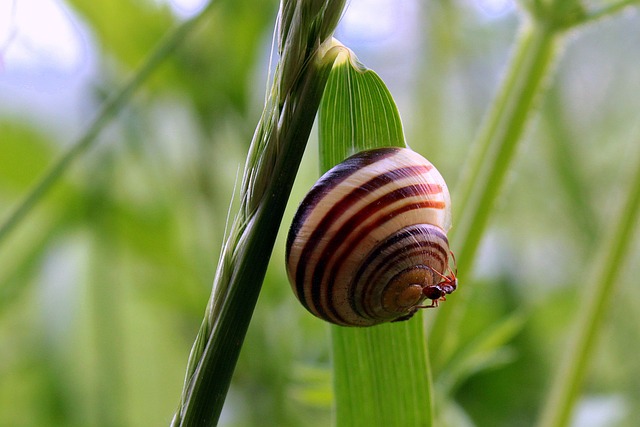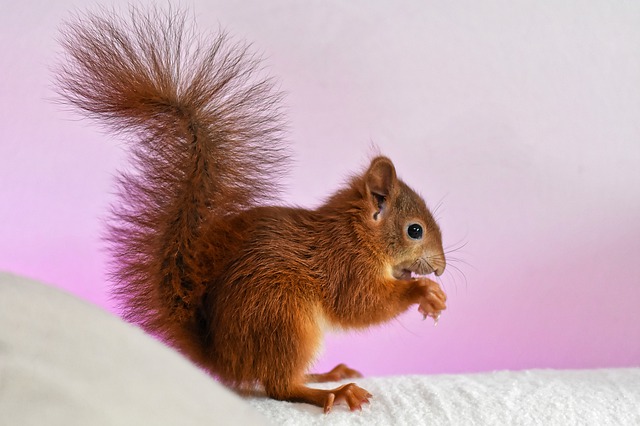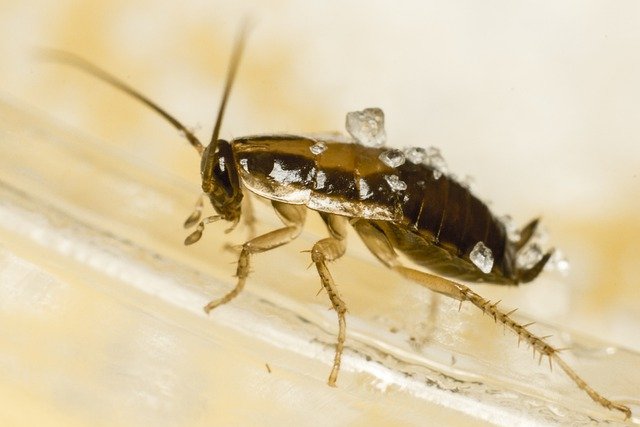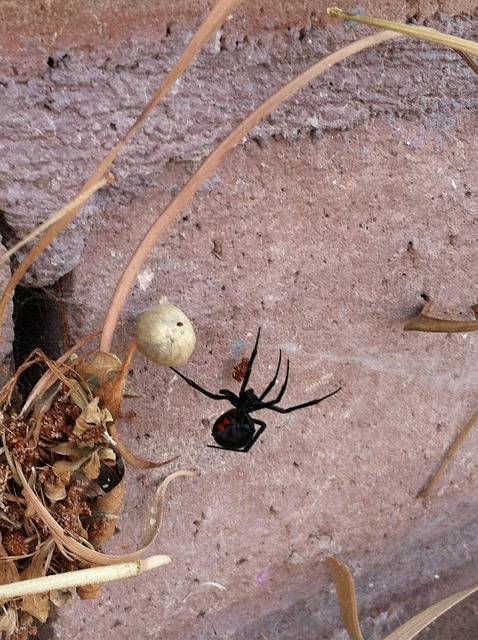
These terrifyingly huge Asian giant hornets have recently raise their notorious twitter profile. They can grow up to five centimeters in length and emit a loud noise that is impossible to ignore. They will attack anything nearby if they perceive it as a threat to their nest. They aren’t a threat to most people as you would need to be stung a couple hundred times for your life to be threatened or allergic to them. The hornet’s sting has been compared to being stabbed a scorching hot needle and the pain linger for a couple days. But the real concern about these flying assassins is that it only takes 30 murder hornets to wipe out an entire colony of honey bees, daily.
gogreenpestcontrol.ca insectandrodentexterminators.com Delta Ladner Tsawwassen B.C., Randy Bilesky BsF CPA RPF
https://www.linkedin.com/pulse/asian-murder-hornets-randy-bilesky/?published=t
